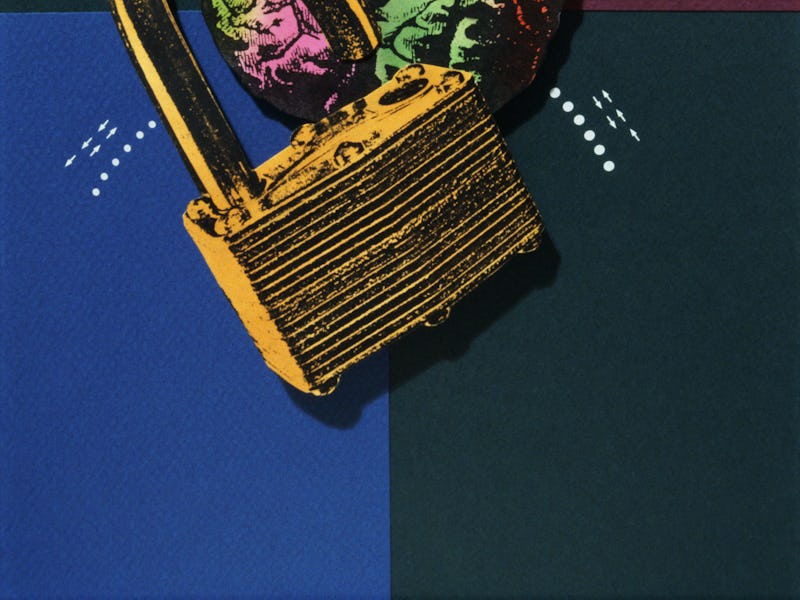Breaking bad: How to create positive changes that stick
In this episode, we discuss how to crush bad habits and create new routines that lead to better health.

Decades of behavioral science show it’s easy for human beings to fall into mindless routines without realizing it. All the emotional shopping, mindless social media scrolling, and wine drinking you’ve done this year Technically, not your fault. Or at least … not all your fault.
It turns out, many of our daily activities happen on autopilot triggered by the environment, and without much conscious thought or effort at all. These mental shortcuts can be helpful, but inevitably, certain habits, from smoking to binge watching, can start to take a toll on mental and physical well-being.
Luckily, periods of flux — like a global pandemic — can be pivotal opportunities to conquer bad habits and do things differently.
In this episode of The Abstract, we discuss how to crush bad habits and create new routines that lead to better health.
Our first story looks at a scientific approach to breaking bad habits. By following three key steps, people can create positive changes that stick — and ultimately improve their life in ways that last for years.
Our second story turns one of the most popular daily rituals ever into a vital tool to help stave off certain diseases and live a long life. Scientists say developing one (hot) new bathing habit may be the key to jumpstarting your mental and physical health.
Read the original Inverse stories:
- How to break bad habits in 3 steps, according to science
- Can baths improve your health? Scientists find a surprisingly positive effect
Where to find us:
- Subscribe to The Abstract wherever you listen to podcasts: iTunes | Spotify | TuneIn | RadioPublic | Stitcher
- Follow Ali Pattillo on Twitter
- Follow Inverse on Twitter
- We're hosted and produced by Tanya Bustos
—
Right now, facts and science matter more than ever. That's part of the reason for The Abstract, this all-new podcast from the Inverse staff that focuses exclusively on science and innovation. Three new episodes are released a week, and each covers one theme via two related stories. Each features audio of original Inverse reporting, where the facts and context take center stage. It's hosted by the Tanya Bustos of WSJ Podcasts. Because we're Inverse, it's all true but slightly off-kilter. It's made for people who want to know the whole story. —Nick Lucchesi, executive editor, Inverse